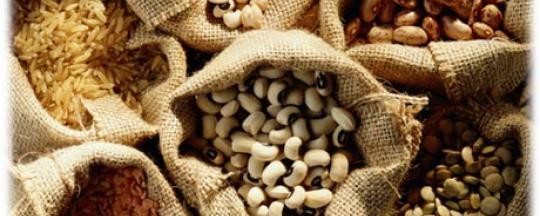The Food and Agriculture Organization says it has distributed seeds and tools to almost 180,000 families across this year benefiting 1.1 million people in South Sudan. The hardest hit areas appear to be Greater Equatoria, Greater Bahr El Ghazal, and Greater Upper Nile.
“Many families have extremely depleted seed reserves, either because they were unable to plant last year or because of a low harvest” the FAO said in a statement. “At the same, their incomes have been reduced, lowering their purchasing power and preventing them from replenishing their reserves by buying seeds in local markets”
Nearly 5 million people are expected to face food shortages, three UN agencies said last week. In 2015, the organization says that violence forced many farmers in South Sudan to leave their land, depriving them of the opportunity to plant for the coming year.
FAO says that getting seeds to farmers on time is a challenge because of the different rainy seasons in different areas.
“In Greater Equatoria, more than 40 000 households received crop seeds and tools from FAO, while over 60 000 households benefited in Greater Bahr El Ghazal and a further 90 000 received assistance in Greater Upper Nile”




